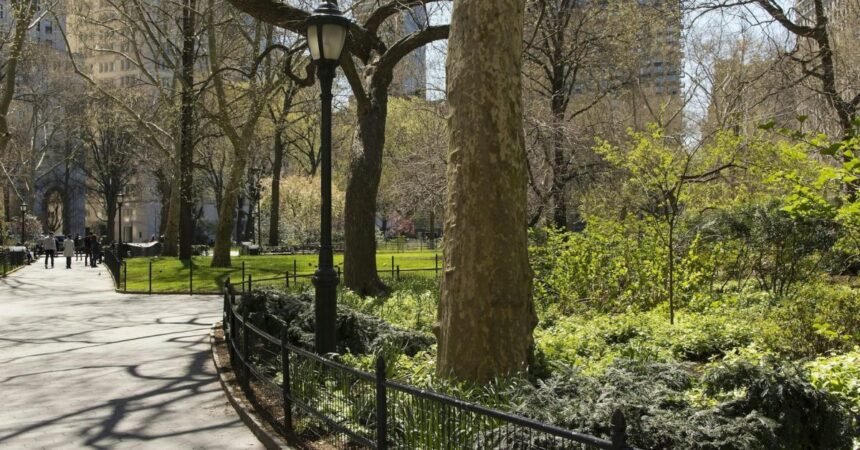Central Park in New York City has long been a popular destination for cyclists, joggers, and pedestrians alike. However, the use of electric bikes in the park has been a topic of debate in recent years. In 2018, the NYC Department of Parks and Recreation implemented a car-free policy on Central Park’s main drives, creating a more pedestrian-friendly environment. Now, a study on electric bike usage in Central Park is underway, with the results likely to influence whether electric bicycles will continue to be permitted in the park.
The future of electric bikes in Central Park may be in jeopardy, as a bill is currently pending before the New York City Council that would ban the use of electric scooters and bikes with electric assist in any park in the city, including Central Park. This comes after a city pilot program launched in 2023 to allow legal bicycles, e-bikes, and e-scooters to ride on park drives and greenways. The decision on whether to continue allowing these electric micromobility devices in Central Park is expected to be made this summer.
While some critics argue that e-bikes pose safety risks to pedestrians and disrupt the peaceful atmosphere of parks, advocates believe that these devices are essential for making green spaces more accessible. Electric micromobility devices can be particularly beneficial for older riders, individuals with limited mobility, and those using cargo bikes for transportation. Banning e-bikes in parks could hinder efforts to promote sustainable transportation options and reduce car dependency.
The final decision on electric bike usage in Central Park could have broader implications for cities across the country facing similar challenges with the rise of electric micromobility. As more cities seek to balance recreation with transportation, the outcome in New York City could influence policy decisions in other urban areas. Ultimately, the debate over e-bikes in Central Park highlights the importance of finding a balance between promoting sustainable transportation and ensuring public safety in green spaces.







